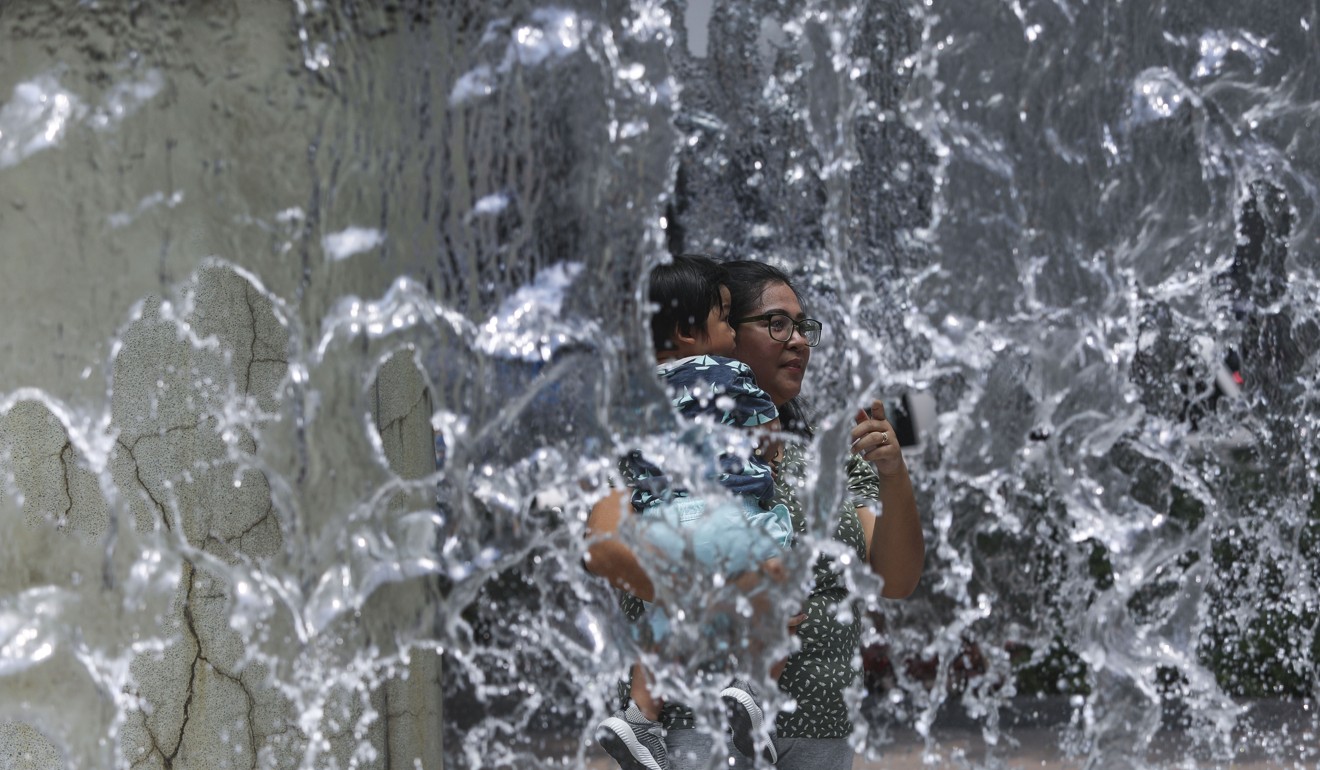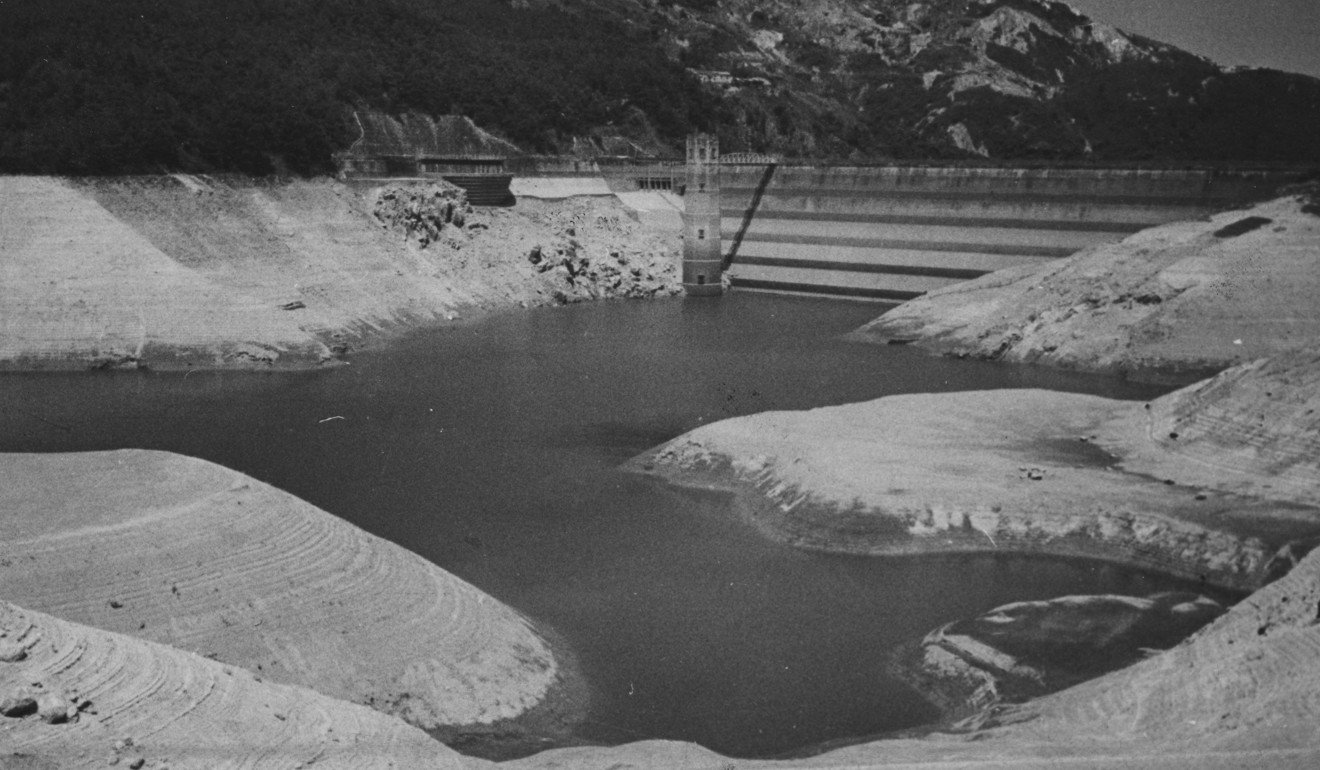
Hong Kong heatwave to continue for another five days, although isolated showers may bring relief
Past nine consecutive days of hot weather makes this the longest streak for month of May, since 1963 when city was hit by severe drought and water rationing

The past nine consecutive days of very hot weather in Hong Kong has broken the record for the month of May, with the run of high temperatures the longest since 1963 when there were eight consecutive days of the mercury rising above 33 degrees Celsius.
And there appears to be little respite ahead from the baking temperatures, with the city’s Observatory forecasting another five days of sweltering heat.
Some relief could be had though if rain comes as expected on Saturday with other isolated showers in the days after.

The temperature reached 33.1 degrees at the Observatory in Tsim Sha Tsui at 3.20pm on Friday, making it nine days when temperatures were at least 33 degrees or above.
During this stretch the city experienced the hottest day of the year on Wednesday, when it baked under a maximum temperature of 35.1 degrees. It was the third-hottest day recorded in the month of May since 1885, when records began.
The same day the outlying island of Peng Chau, west of Hong Kong Island, saw a high of 36.7 degrees while in Sheung Shui, in the northern New Territories, the temperature hit 36.6 degrees in the afternoon. In Ta Kwu Ling, in the northeastern New Territories near the border with mainland China, 36.3 degrees was recorded, the same as for Hong Kong Island’s Happy Valley district.
The last time there was such a prolonged stretch of very hot weather was in 1963, when Hong Kong suffered its worst drought and the government was forced to ration water, only supplying it to the public for four hours every four days.
The current record for the longest stretch of very hot days was a 19-day streak in July 1978.
Aside from the blistering temperatures, the city has also been experiencing a long dry spell.
There has only been 170.7mm of rain since January, less than half of the normal average of 386.3mm from the start of the year until now. The Observatory said the accumulated amount of rainfall this year was the second lowest level since it began recording these figures.
The lowest level was in 1963 when there was only 40.1mm of rainfall from January to May.
Former Observatory chief Lam Chiu-ying wrote earlier on his blog on Friday that the phenomenon was “very unusual”.
“It’s a complete violation of the expected rain we would normally see in the early summer,” Lam wrote.
“It’s hard to guess if the drought of 1963 would come again, but the current situation is a reminder to us Hong Kong people that rain should not be taken for granted.”

Lam also warned that water imported from the Dongjiang – or East River – which runs through Guangdong province, should not be taken for granted either, as a dry spell for Hong Kong meant that the southern mainland region would also suffer from the same conditions.
“By that time, major cities might have to fight for water to drink,” he said.
Lam also said the condition made him think of a proposal to fill in the city’s largest reservoir to build homes, which is one of the 18 land-supply options being considered as the city looks to solve its housing crisis.
Plover Cove Reservoir serves as an important storage of fresh water in case there is any disruption to the supply from the Dongjiang.
An academic proposed last year that filling the reservoir could free up 1,200 hectares for 300,000 flats.
Lam said about the academic: “I don’t think that person is even 55 years old yet, he would not have likely experienced the drought in 1963.”